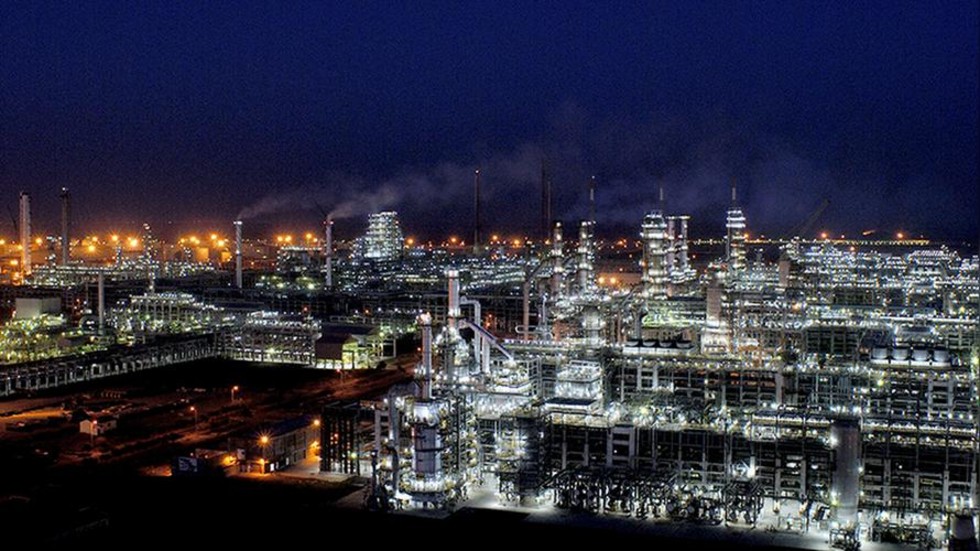In an official statement, the Nigerian government has made it clear that it does not provide subsidies for Petroleum Motor Spirit (PMS), commonly known as petrol. Instead, the government is recuperating the full cost of the product through its imports.
The Group Managing Director of the Nigerian National Petroleum Corporation (NNPC), Mele Kyari, clarified this position during a briefing with State House Correspondents. Kyari discussed the current state of subsidy removal and other developments in the sector.
Kyari confirmed that there is no issue with the supply of PMS to Nigerians, revealing that the nation currently has 1.4 billion litres of the product stored in marine and land facilities. This abundance of supply should alleviate concerns regarding fuel scarcity.
Addressing the long queues observed at filling stations, the GMD of NNPC explained that market forces now dictate petrol prices, leading to increased competition among fuel marketers. Despite occasional price reductions by some stations, the prevailing market dynamics offer customers a wider choice.
However, Kyari asserted that queues at filling stations are partly due to roadblock situations, particularly the obstruction of product transportation from southern depots to the northern part of the country. This delay not only compromises supply but also extends the delivery time of PMS-carrying trucks throughout the nation.
Nevertheless, the GMD of NNPC expressed satisfaction with the current market dynamics, emphasizing that competition among marketers is beneficial. Efforts are being made to engage with the marketers and address crucial issues such as access to foreign exchange.
Kyari reassured Nigerians that the federal government is intervening in the forex market to stabilize it, thereby ensuring the availability of foreign exchange. He disclosed that the current forex rate is around 770, which aims to achieve an equilibrium position in the market.
The GMD of NNPC also highlighted the potential positive impact on the overall economy as a result of stable forex and product markets. A stabilized forex market would have a ripple effect on the prices of other commodities, contributing to the country’s economic revolution.
In conclusion, Kyari affirmed that there are no challenges in the supply of petrol, as there is an ample stock of over 1.4 billion litres in both marine and land storage. He reiterated that the government is actively engaging with marketers and other agencies to resolve any outstanding issues and ensure the consistent supply of foreign exchange.
With these measures in place, Nigerians can rest assured that there is no cause for concern and that market forces are working in their favor. The government’s commitment to facilitating a stable forex market and promoting healthy competition among fuel marketers will ultimately benefit consumers and stimulate economic growth.



